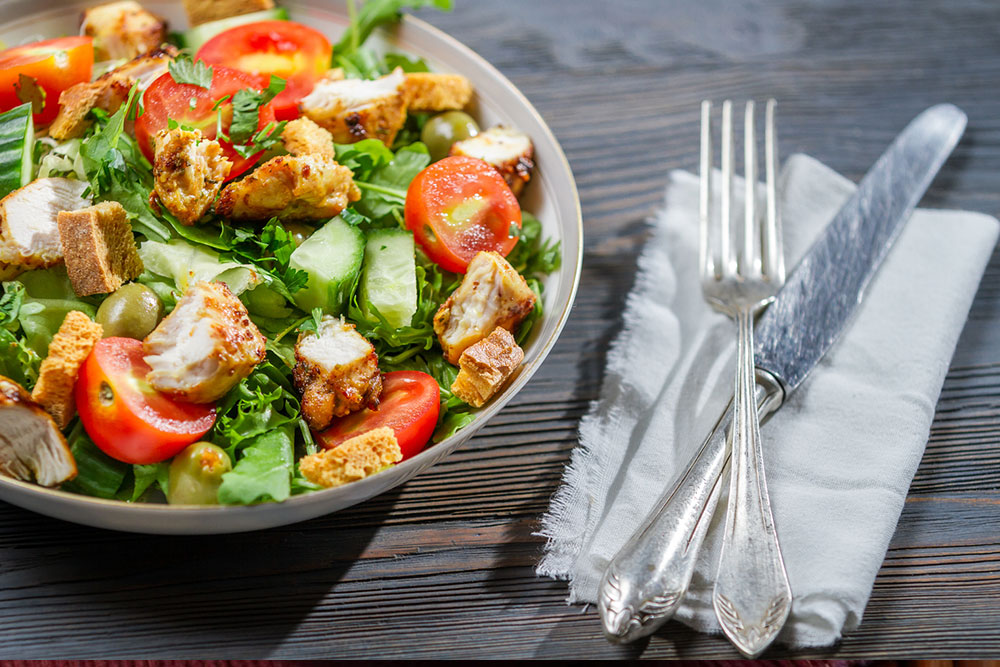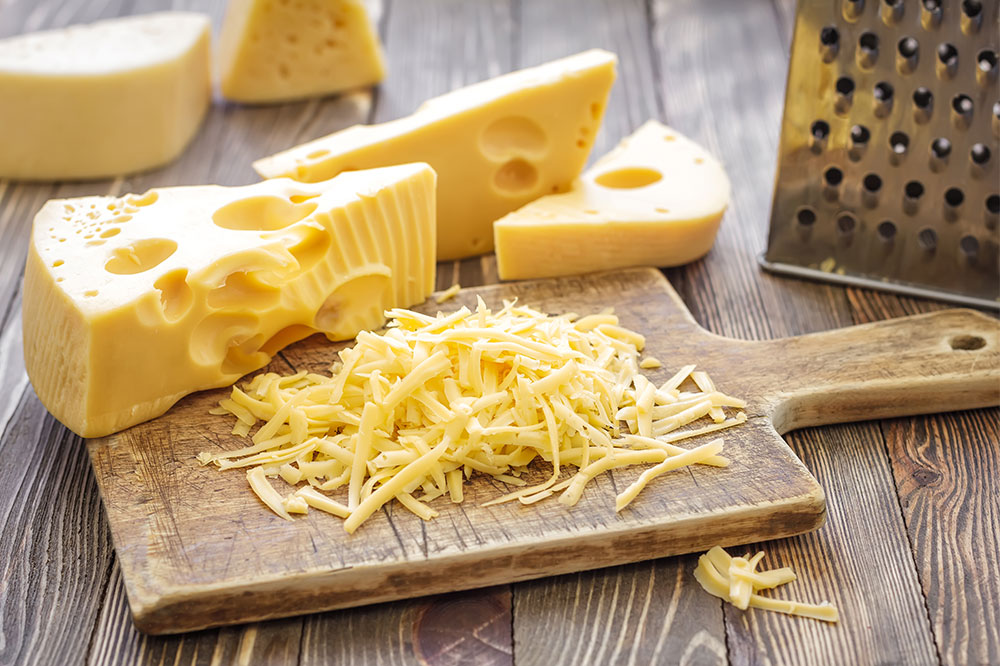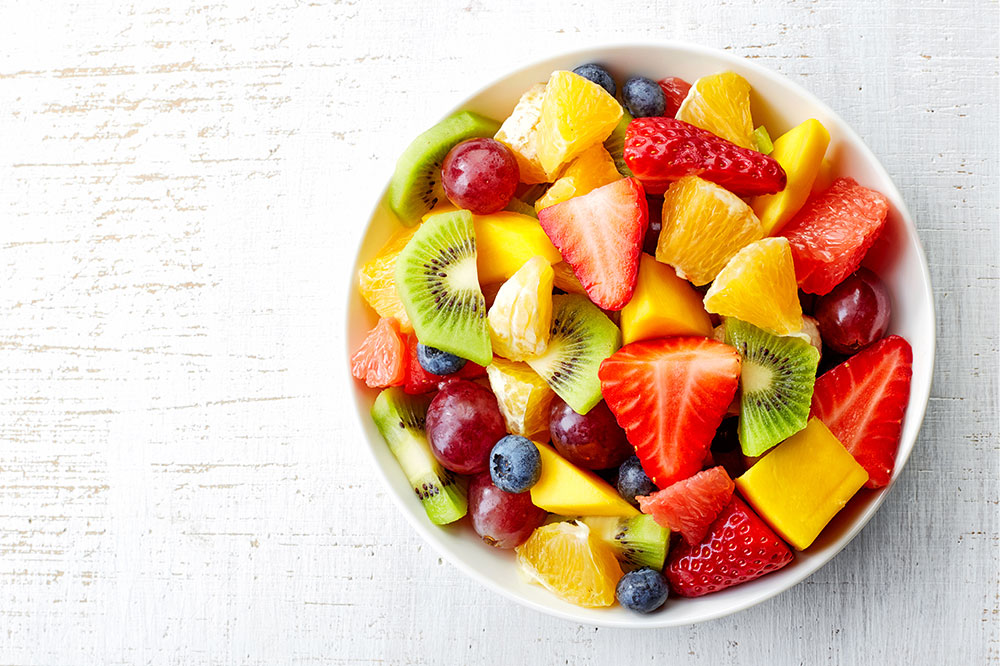Nutritional Strategies for Managing Sleep Apnea Naturally
Discover natural dietary approaches to manage sleep apnea effectively. Incorporate foods rich in melatonin, omega-3s, tryptophan, calcium, and vitamin B6 to promote better sleep, support weight loss, and alleviate symptoms. Sustainable nutrition can be a key component in managing this sleep disorder and reducing reliance on costly devices.
Sponsored

Foods That Support Better Sleep and Reduce Sleep Apnea Symptoms
Sleep apnea is a disorder characterized by brief pauses in breathing during sleep, caused mainly by airway blockage, especially in obstructive sleep apnea (OSA). Currently, there are no specific medications to cure it. The primary treatments include lifestyle adjustments, dietary modifications, and using CPAP devices. However, CPAP equipment can be costly. An effective alternative is adopting a healthy diet to promote weight loss, as excess weight worsens sleep apnea. Incorporating certain foods can also enhance sleep quality and aid in symptom management.
Managing weight through nutrition can significantly impact sleep apnea severity. Over 60% of those affected are overweight or obese. Sustainable weight loss through nutritious eating habits can reduce dependence on costly devices. Additionally, some foods naturally contain compounds that improve sleep and support airway health.
Foods Rich in Melatonin
Melatonin, the hormone that regulates sleep, is produced naturally in the body but can be supplemented via diet. Several fruits and vegetables, such as tart cherries, are excellent sources, and they’ve been linked to improved sleep quality. Nuts like walnuts, almonds, and pistachios also contain melatonin along with magnesium and zinc, aiding relaxation. Other sources include corn, asparagus, grapes, broccoli, and tomatoes.
Foods High in Omega-3 Fatty Acids
Omega-3s support increased melatonin production and promote restful sleep. Rich in EPA and DHA, fatty fish like salmon, mackerel, sardines, and seabass are top sources. For plant-based options, walnuts, flaxseeds, chia seeds, and soybeans provide alpha-linolenic acid (ALA). These healthy fats contribute to reducing sleep apnea symptoms and improving overall sleep quality.
Foods Containing Tryptophan
This amino acid is vital as it converts into serotonin and then melatonin, aiding sleep. Turkey, a popular holiday food, is high in tryptophan. Other sources include seafood, nuts, legumes, grains, bananas, apples, turnips, and dairy products like milk and yogurt. Incorporating these foods can help facilitate better sleep patterns.
Calcium-Rich Foods
Calcium is crucial for melatonin synthesis, promoting relaxation and sleep. Dairy products like milk, yogurt, and cheese are prime sources, especially low-fat options to manage weight. Leafy greens such as spinach, kale, and collard greens, as well as fortified grains, provide additional calcium benefits.
Whole Grain Foods
Whole grains are packed with nutrients and fiber, supporting weight management and digestion. They help reduce sleep apnea severity by promoting satiety and improving overall health. Swap refined grains for options like whole wheat bread, oats, brown rice, and barley to maximize benefits.
Foods High in Vitamin B6
Vitamin B6 facilitates the conversion of tryptophan into melatonin, aiding sleep. Rich sources include pistachios, sunflower seeds, bananas, eggs, and fish such as salmon and tuna. Incorporating these can help improve sleep quality and mood.






